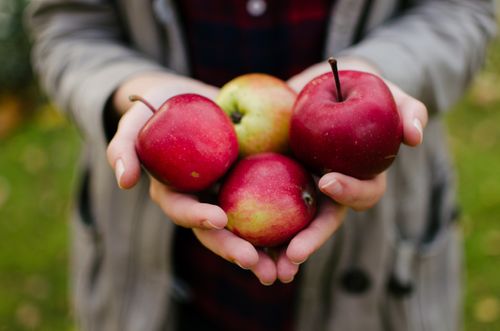Polycystic ovary syndrome (PCOS) is the most common endocrine disorder in women of reproductive age. It is a complicated hormonal condition that impacts metabolism, gut health, and fertility. Common symptoms include irregular menstrual cycles, acne, hair loss, weight gain, and fatigue.
What we eat can play a major role in managing PCOS by improving blood sugar, reducing inflammation, and supporting healthy hormone balance. Here are the top five foods to eat and the top five foods to avoid when you have PCOS



